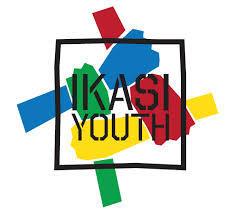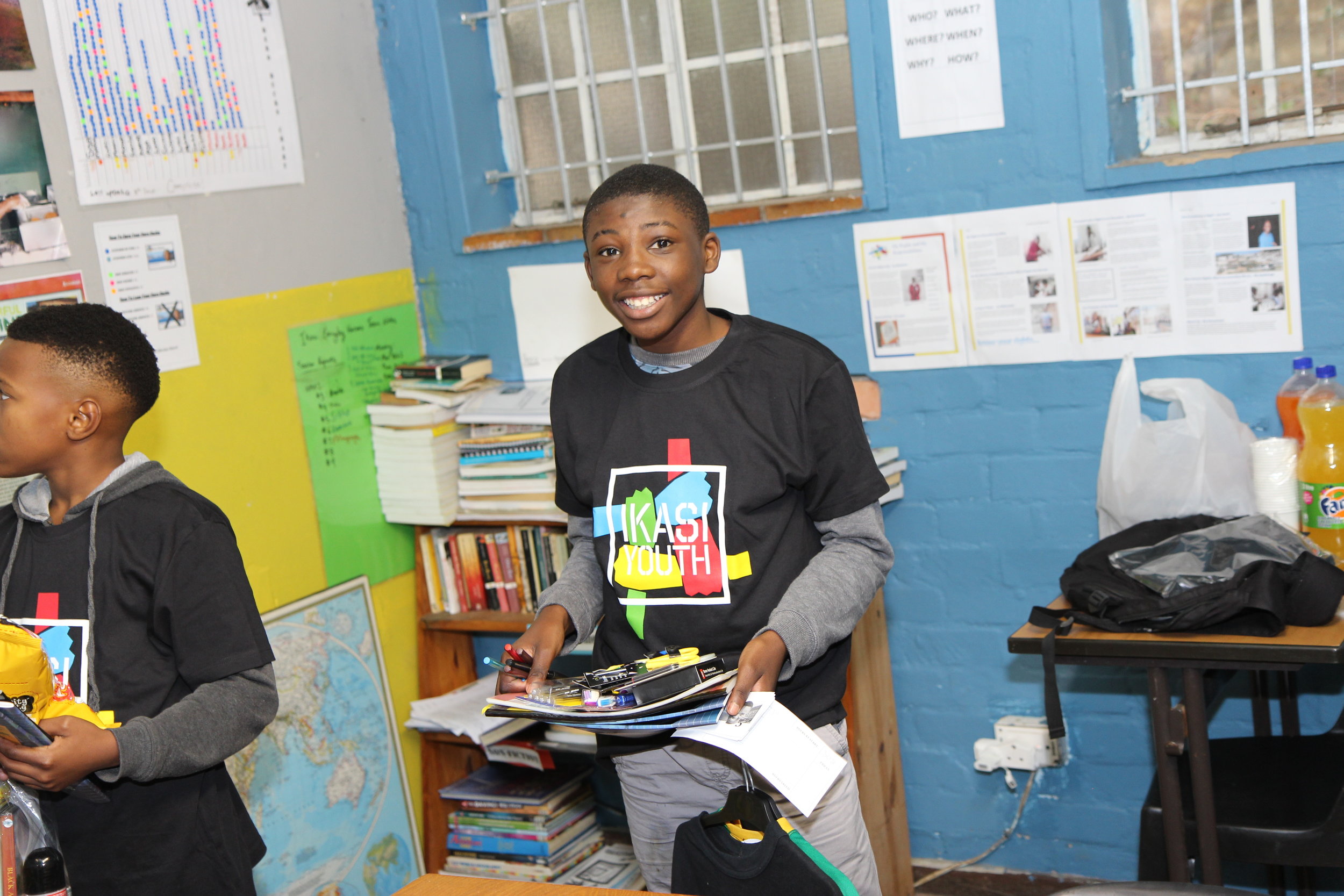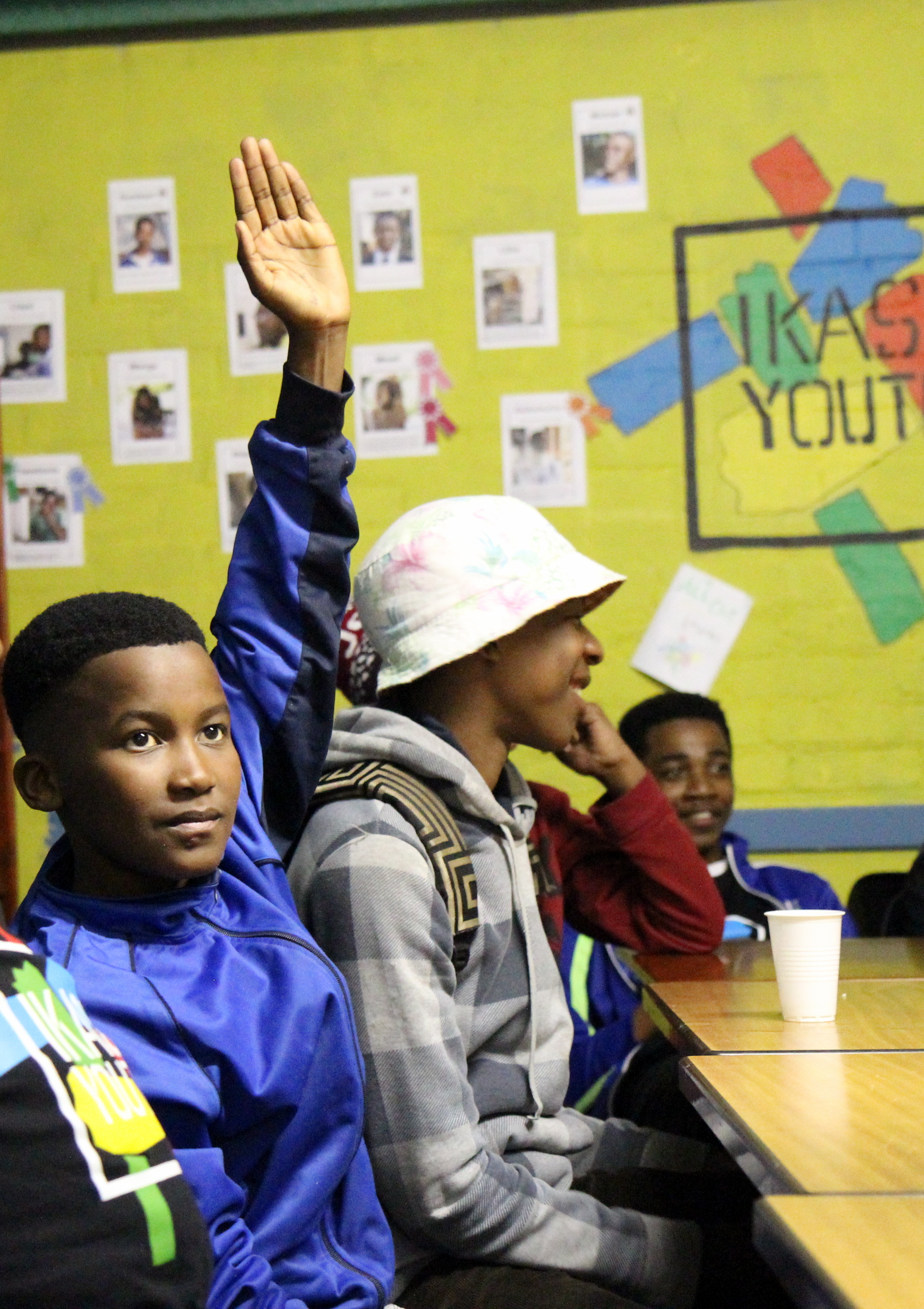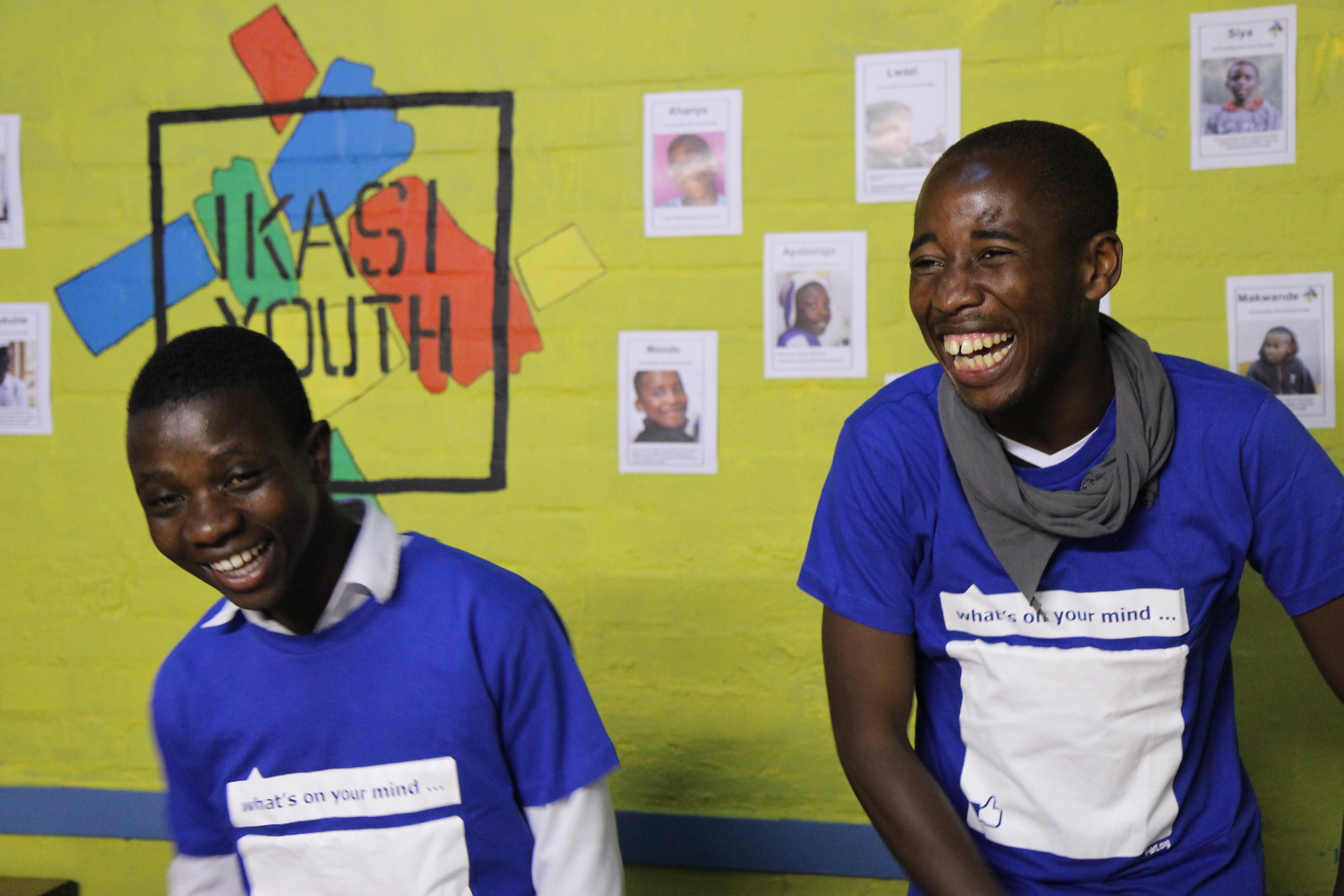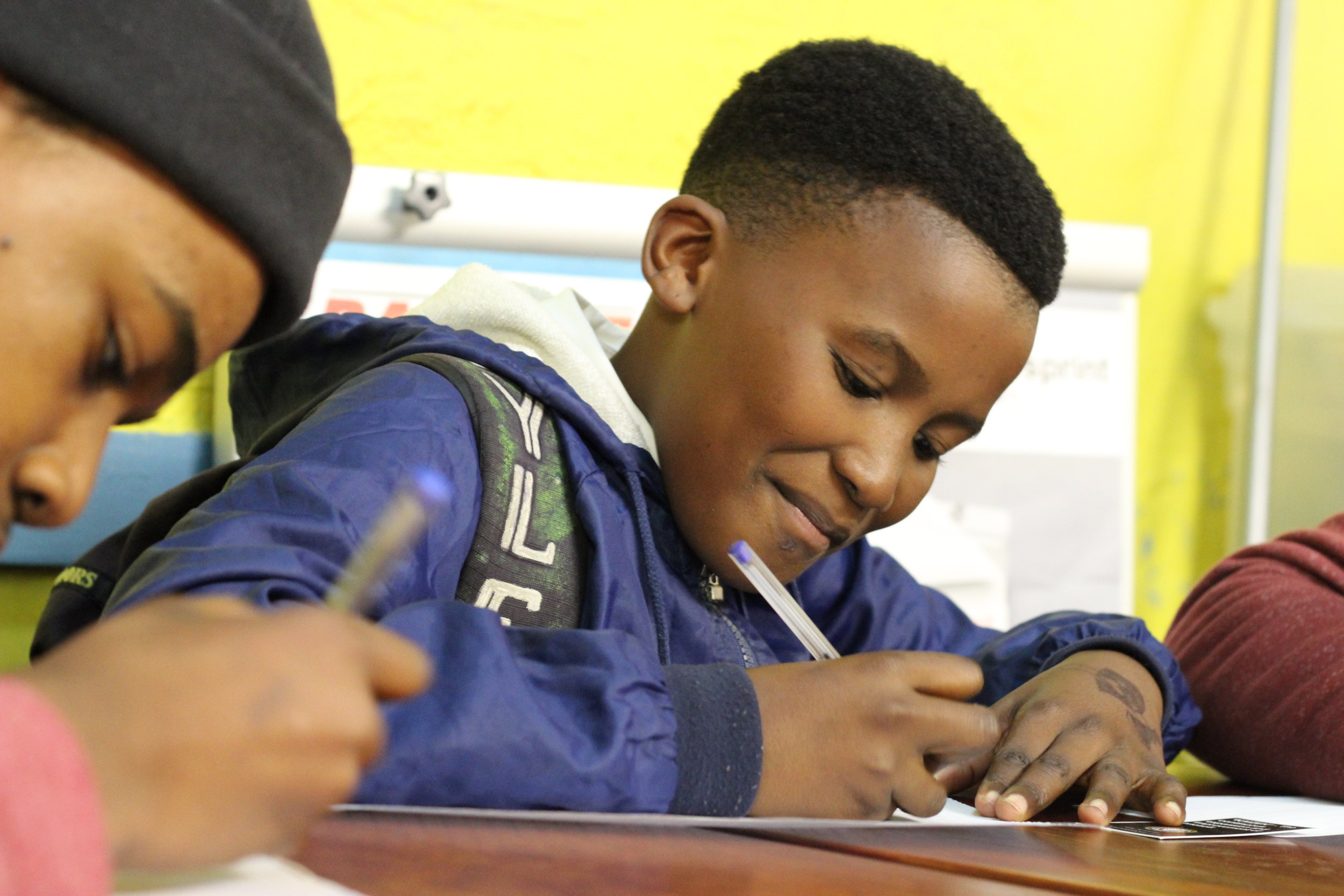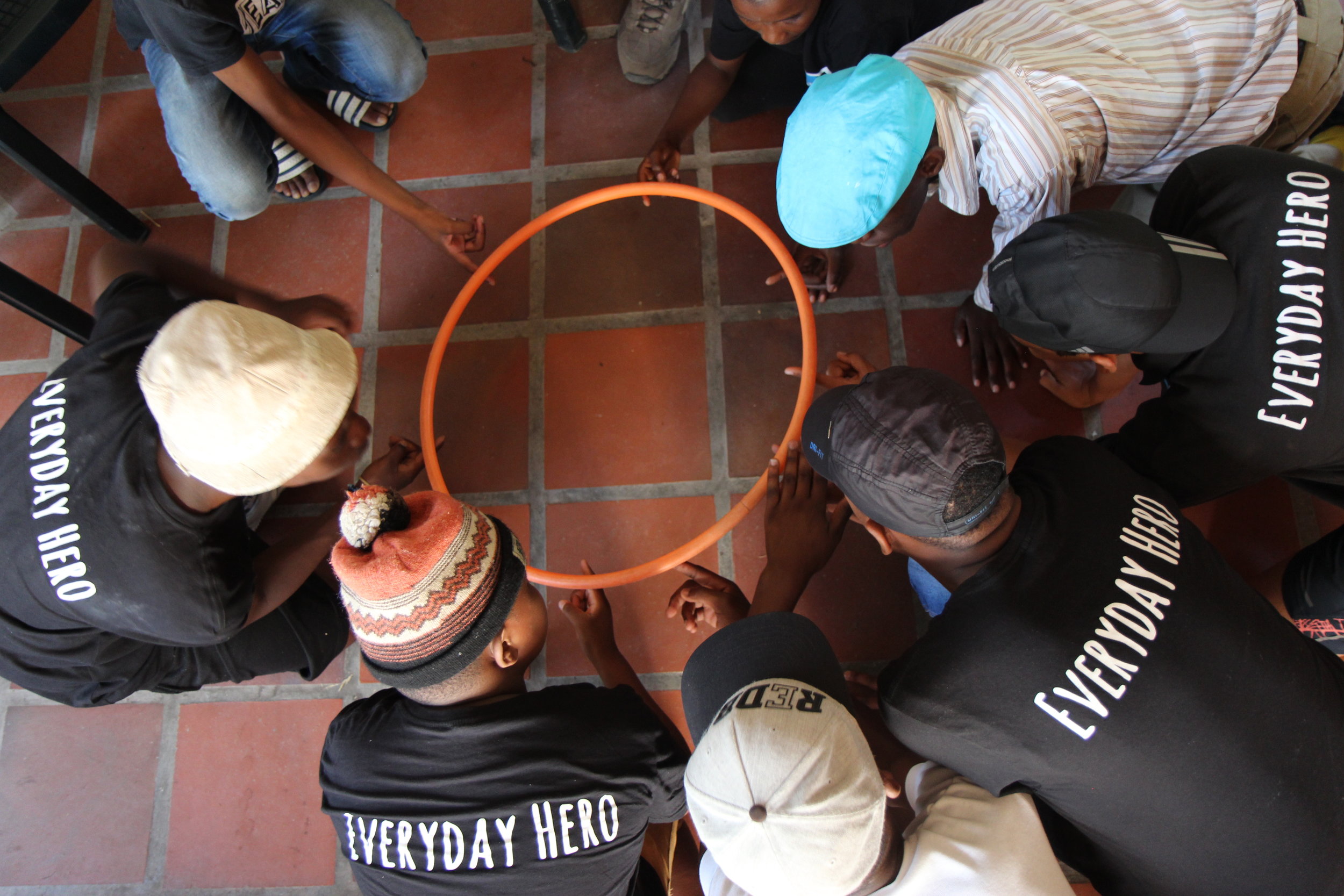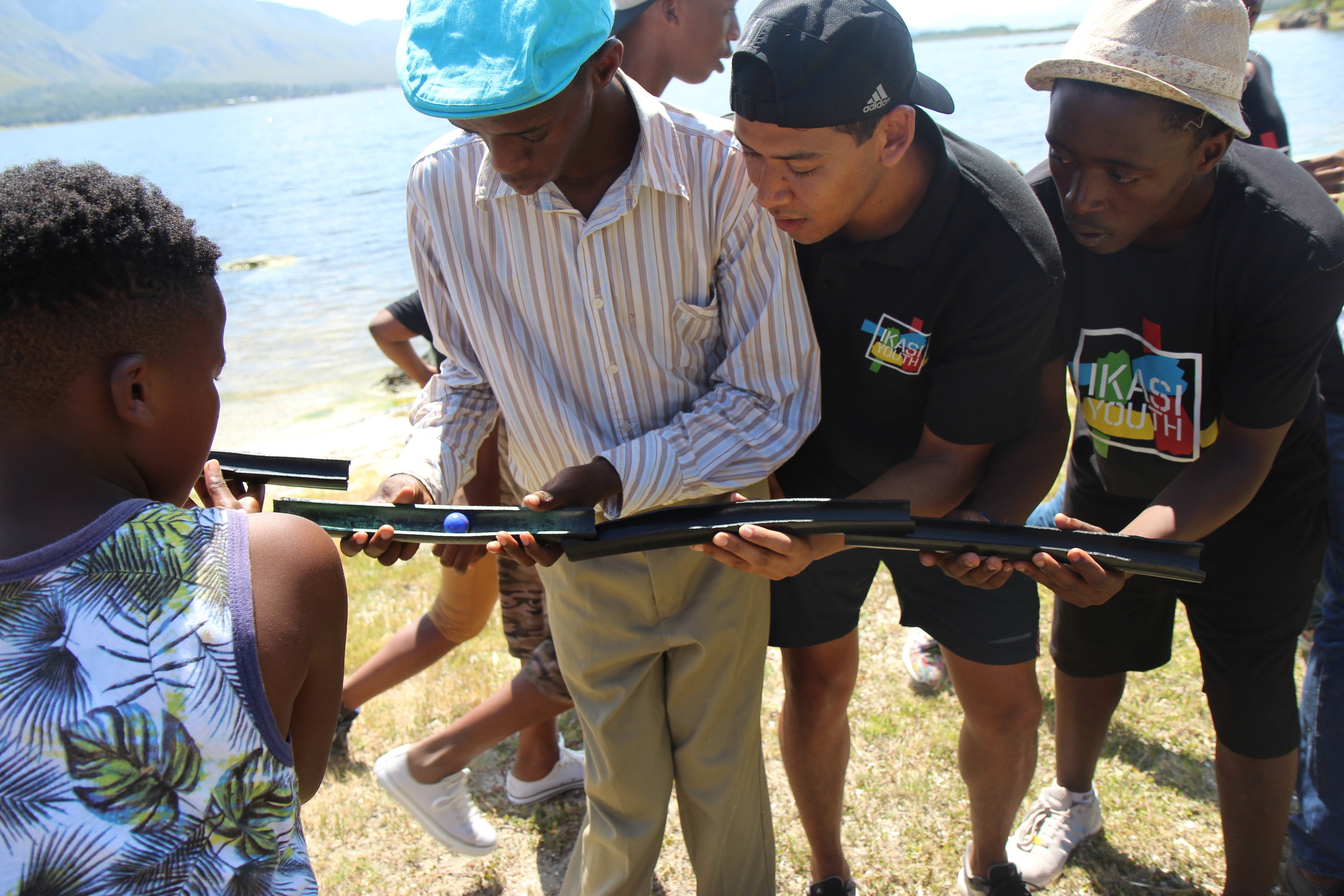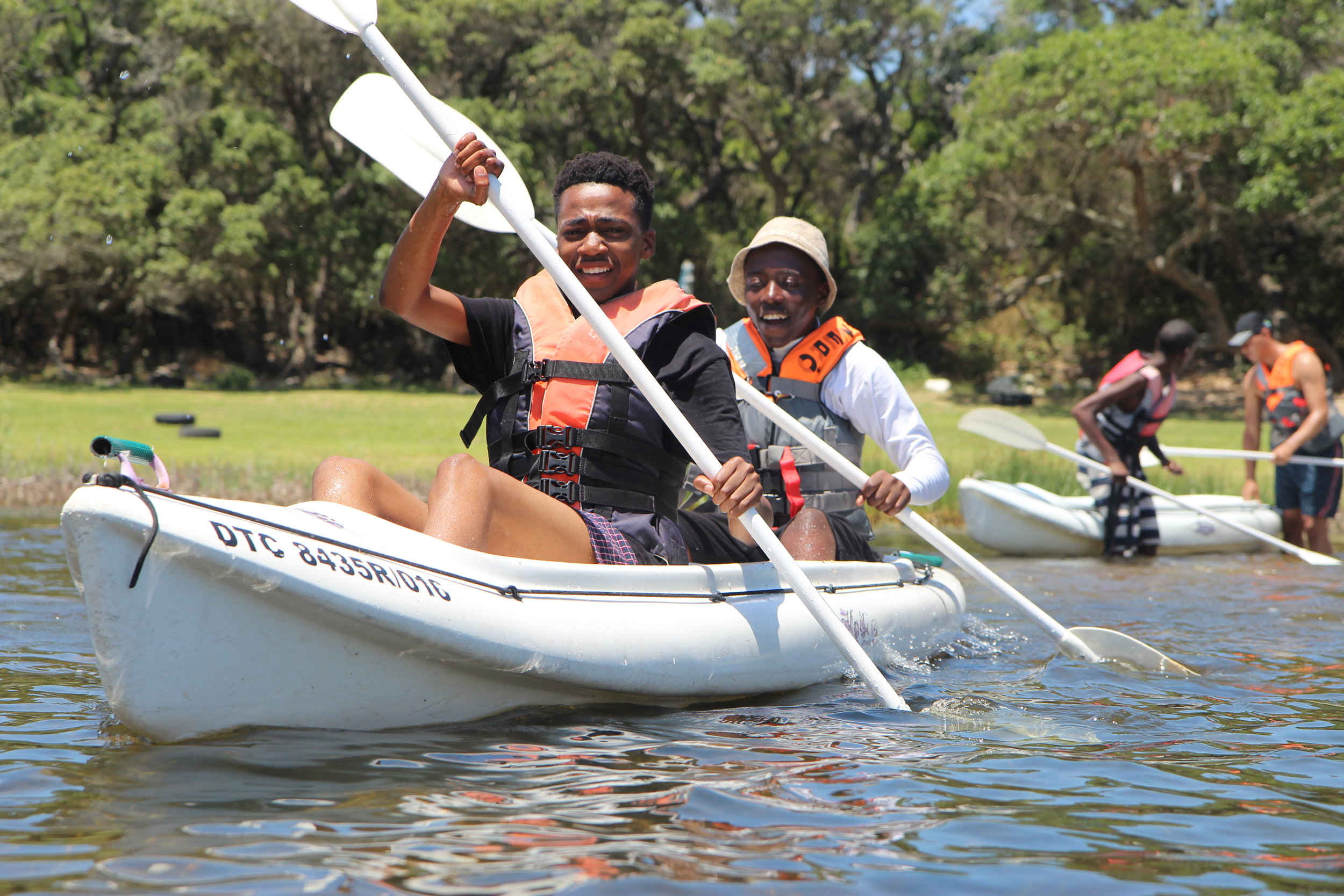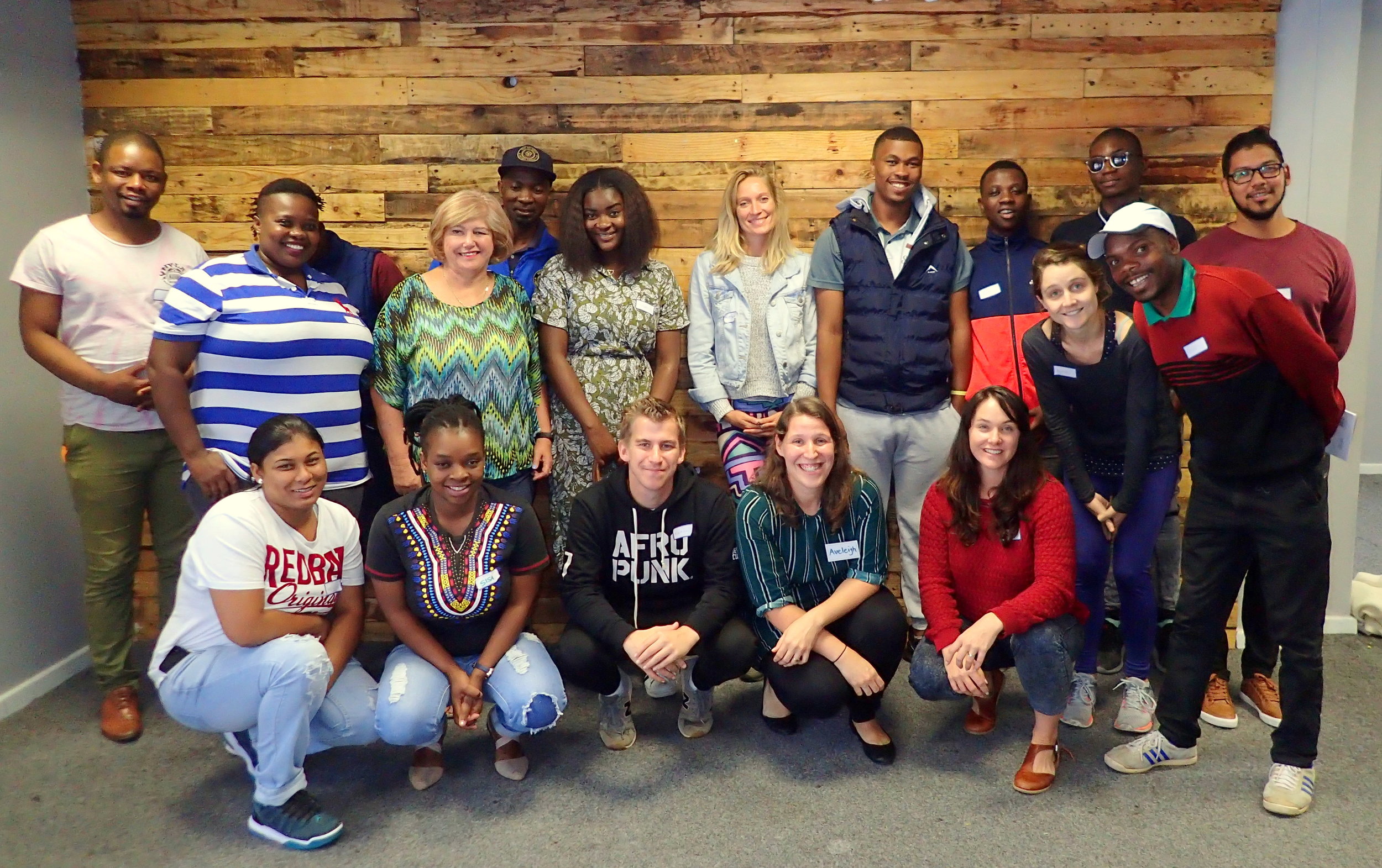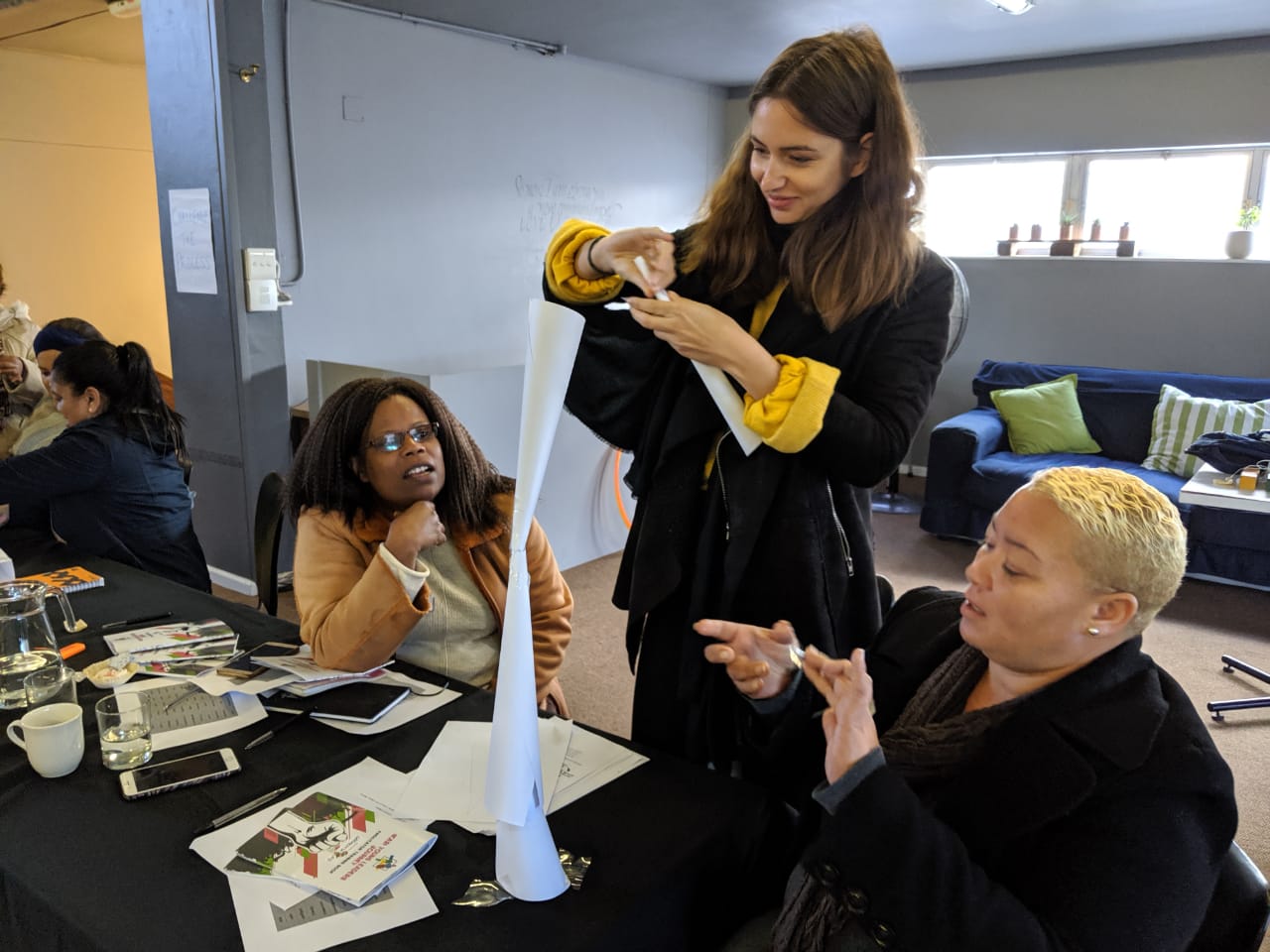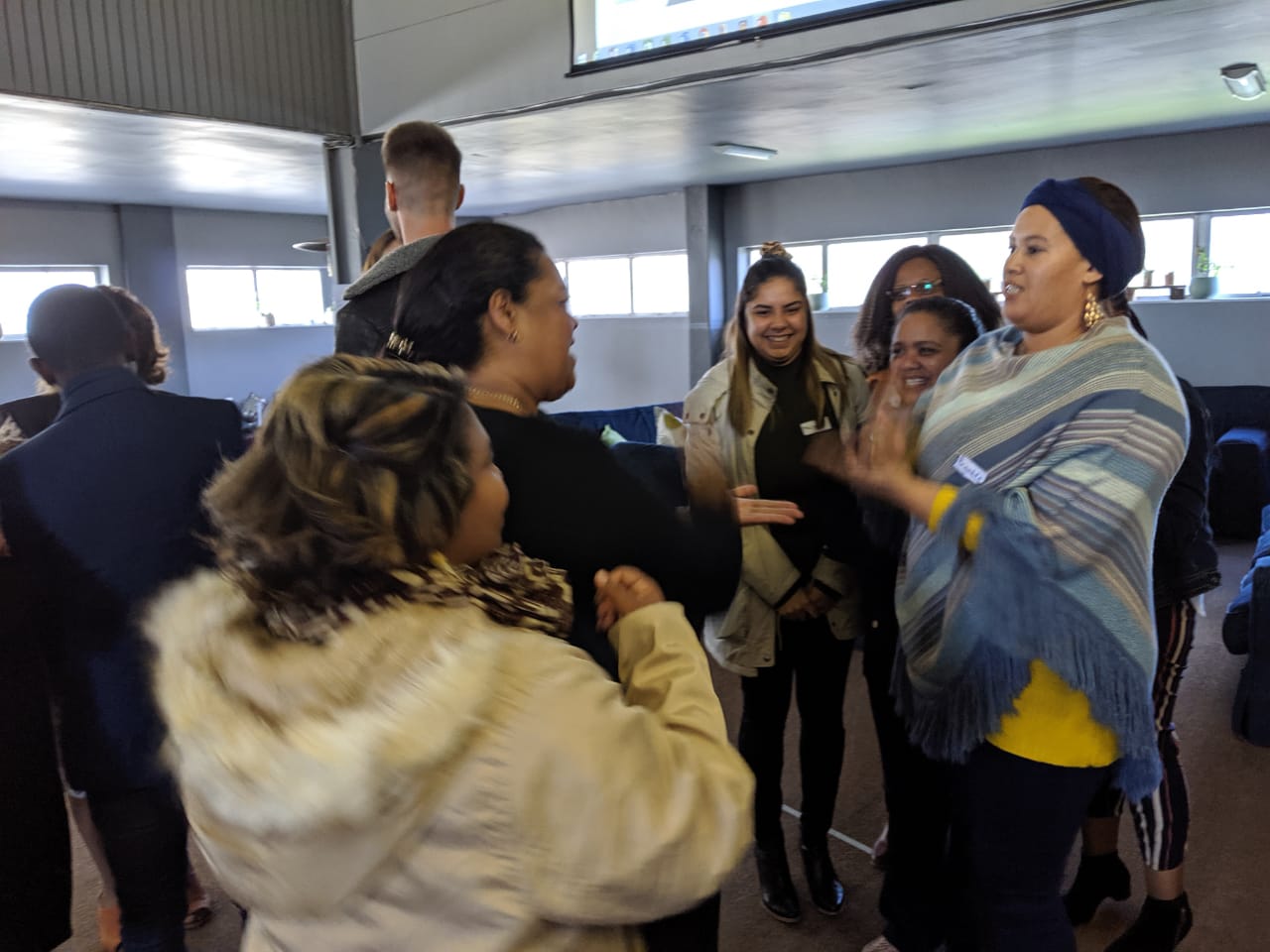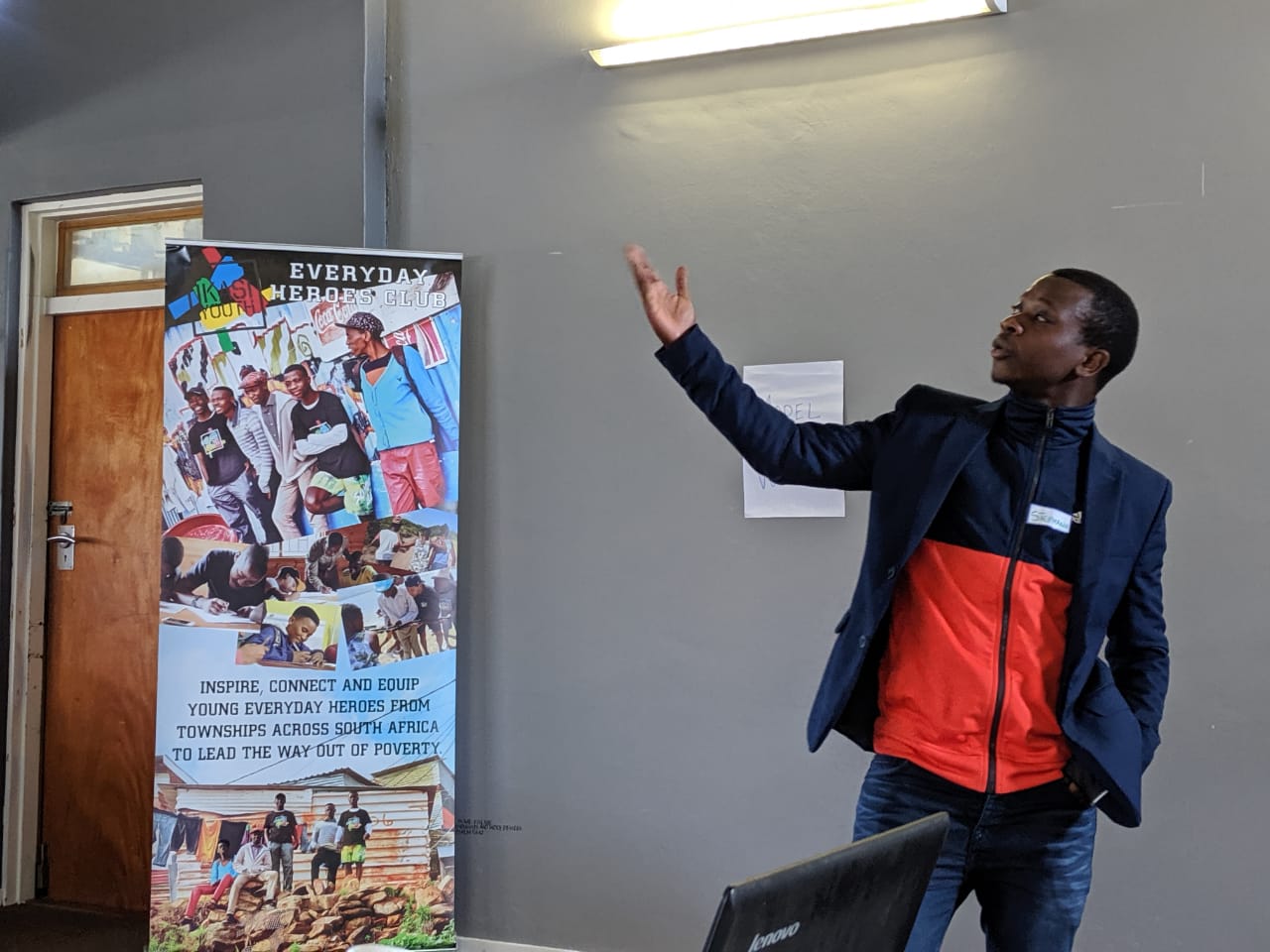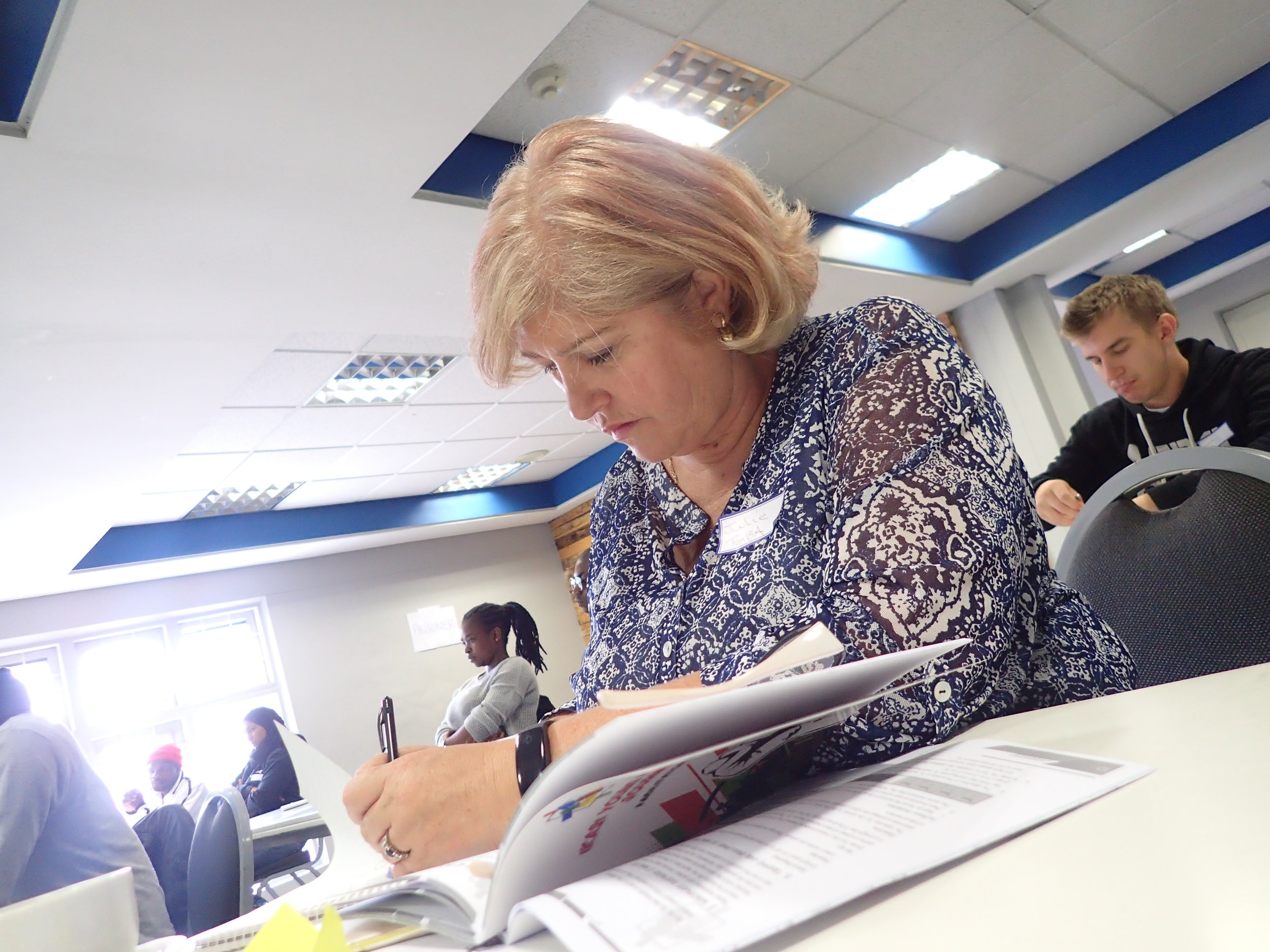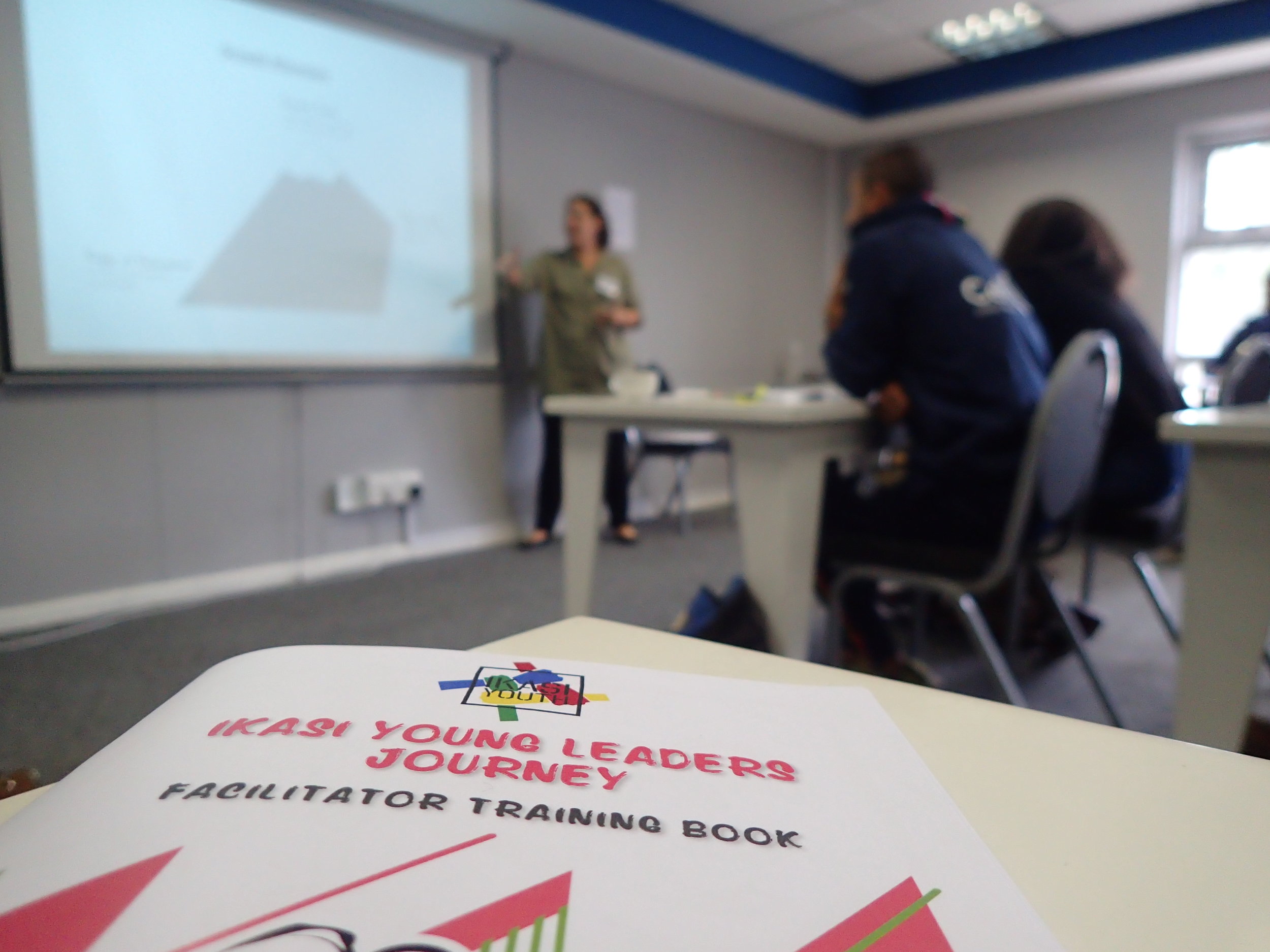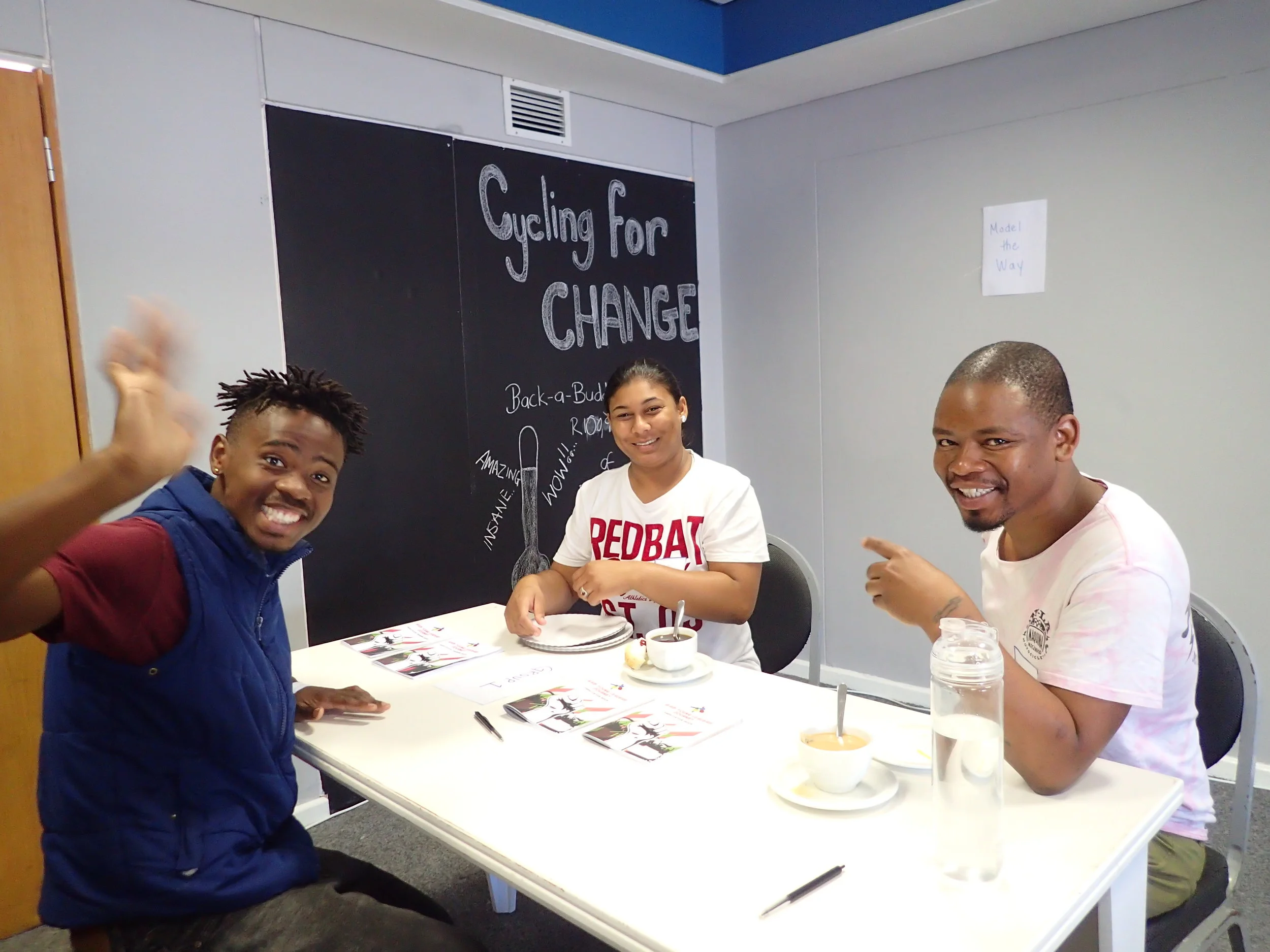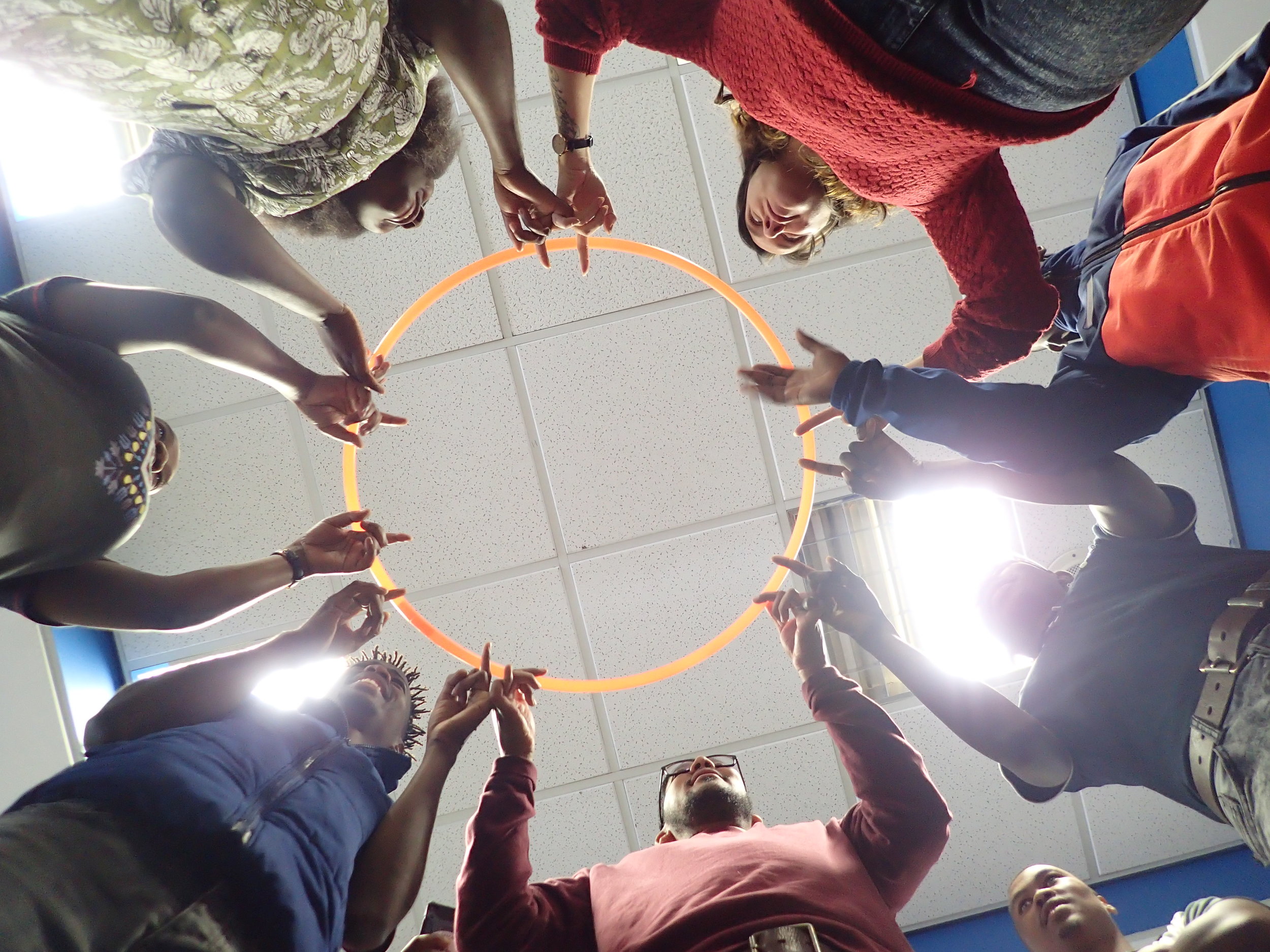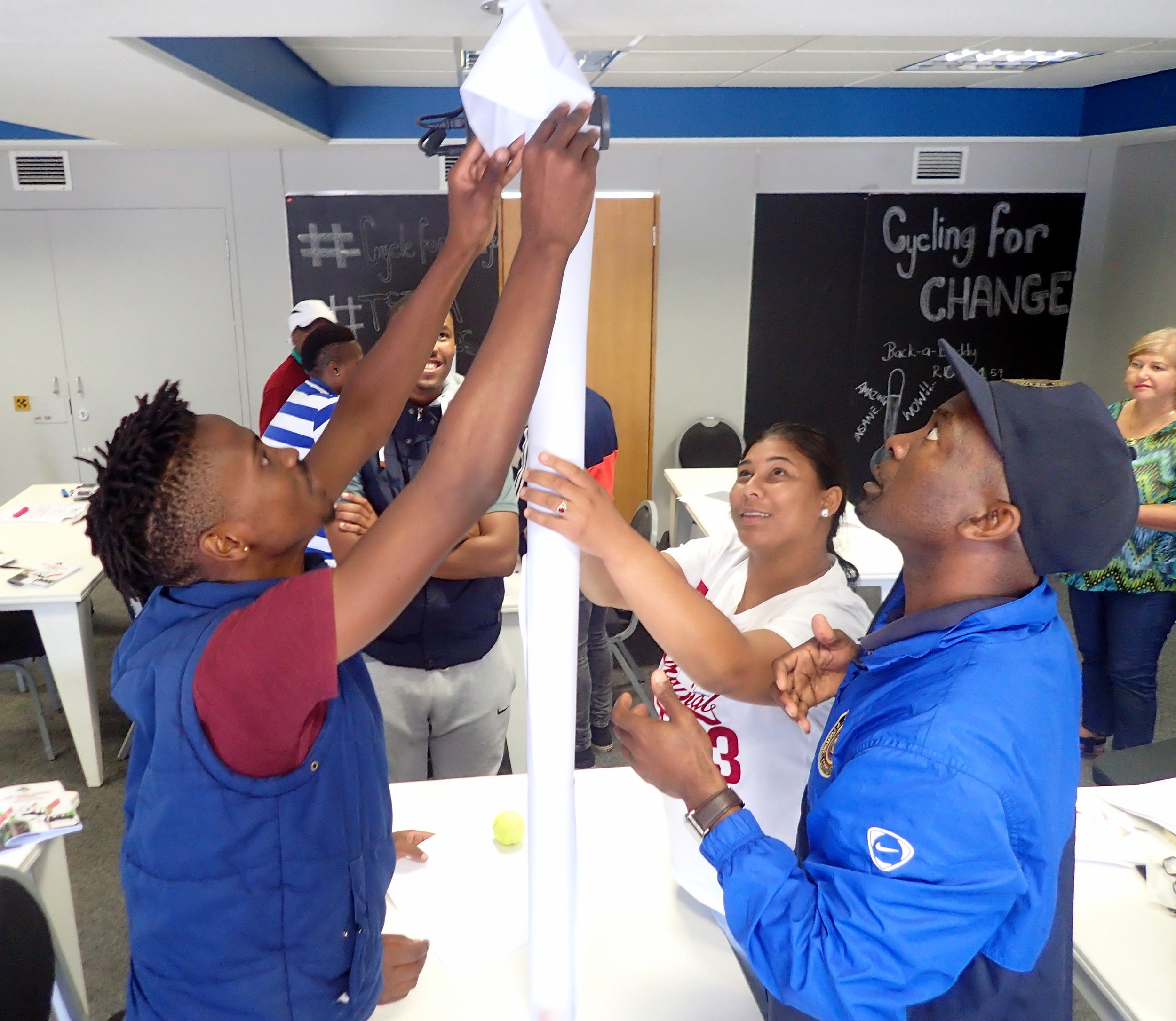Programs
Pilot Centre
This is where it all began and where we put our theories into practice.
Started in 2013, in the township of Imizamo Yethu, we established the Everyday Heroes Club. This centre is where we could explore solutions to many of the challenges faced by youth living in the township.
Over the last 6 years this dynamic centre has offered our team the chance to test ways of improving engagement, attendance and learning.
This ‘home base’ is a vital part of the work we do as it allows us to work closely with 25 youths, in order to better understand their challenges and ways of working with them to overcome those obstacles.
Each week our team runs three two hour sessions for our members. These workshops focus on Maths (Numeracy), English(Literacy) and Leadership/Life skills.
These sessions are designed to assist each member to develop the skills required to not only succeed in navigating life but also improve their chances of going on to study further or enter gainful employment.
Some of the main themes covered in our programs are:
Self leadership
Communication
Career Guidance
Hygiene and health
Empathy and Respect
Transformational Leadership
Entrepreneurship
Social Impact
To see what a typical session looks like to be a member of the team at our prototype centre, watch the video below.
Or to see how we train other organisations to run their own programs, click here (Facilitator training)
